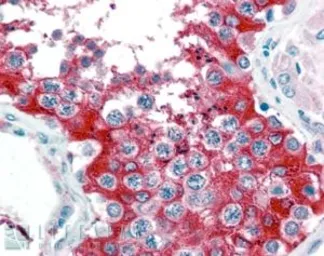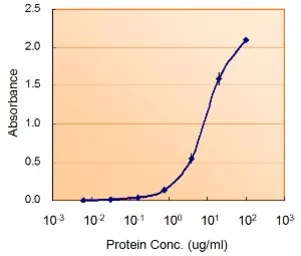G6PD (aa 308 - 320) antibody, Internal
Cat. No. GTX89057
Cat. No. GTX89057
-
HostGoat
-
ClonalityPolyclonal
-
IsotypeIgG
-
ApplicationsWB IHC-P ELISA Sandwich ELISA
-
ReactivityHuman


